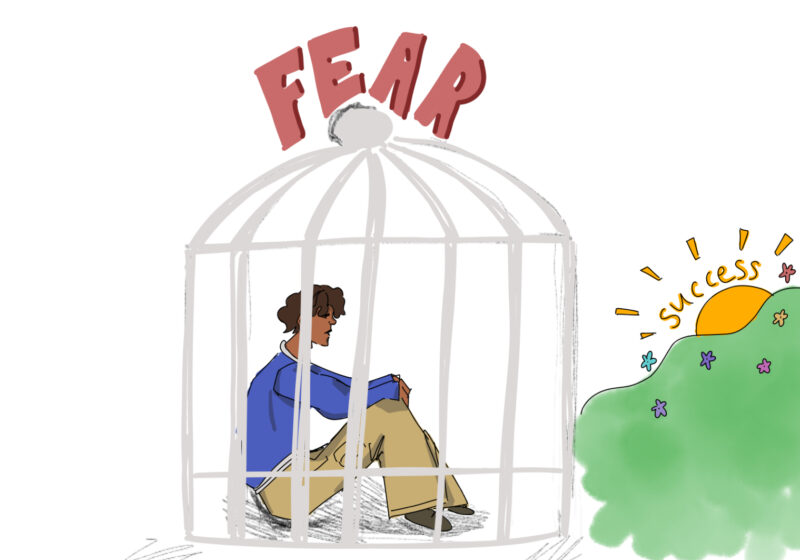When I first read Arun Gandhi’s words on Washington Post’s “On Faith” blog, I hoped that he was ignorant. I hoped that, for his sake, for the sake of his grandfather’s legacy, for the sake of the field of the theory of nonviolence and for the sake of my University with whom he was associated, that his words were rushed and that he didn’t really mean what he said.
When I read his follow-up, I discovered that he supported his views, that he did feel that the Jewish people were using Holocaust guilt to further the so-called “Zionist agenda,” but I still hoped that he was wronged in being attacked by so many sources (including attacks from myself). I hoped that, if given the proper forum to explain his views, it would be revealed that he was in fact not an anti-Semitic racist but a misunderstood philosopher with an unfamiliar (albeit extreme) view. I was wrong.
On March 4, Arun Gandhi was given such a forum to explain his words and instead used it to slander the Jewish people, blame Israel for the existence of violence in the world and devalue the memories of 12 million souls murdered in the Holocaust.
First, I want to address the memory of the Holocaust. Gandhi, you preach love, but part of love is remembering the memory of loved ones passed. The Holocaust must be remembered, principally to see that it never happens again (to any people), but also out of respect for those who died so that I may have lived.
In the words of Nobel Laureate and Boston University Professor Elie Weisel from his book “Night”: “Never shall I forget that smoke. Never shall I forget the little faces of the children, whose bodies I saw turned into wreaths of smoke beneath a silent blue sky. Never shall I forget those flames which consumed my faith forever. Never shall I forget those moments which murdered my God and my soul and turned my dreams to dust. Never shall I forget these things, even if I am condemned to live as long as God Himself. Never.”
We must forgive those aggressors, as you say, “befriend those who hate us? and share our technological advancement with our neighbors.” We have done this, Gandhi; Germany is Israel’s number one trading and technology development partner in Europe and second in the world only to the United States. You can check forgiveness off your list, but to forget would be unforgivable.
But what about Israel’s existence in the climate of the Middle East? You said “it takes two hands to clap” and that “an enemy fights only to see you fight back.” But what about when they don’t want you to fight back, when they just want you to die? If tomorrow the terrorists stopped their daily launching of their rockets at elementary schools in Sderot, if they stopped educating 3-year-olds how to identify and kill a Jew and if they stopped sabotaging Israeli humanitarian aid, peace would be at hand. If tomorrow Israel laid down her arms, then by the day after tomorrow she will have been pushed into the sea. I wish it weren’t so, Gandhi, but it is.
Arun Gandhi concluded his talk with a somber regret. He expressed his deep sorrow that he had ever made such comments, that he would take them back if he could – for it was due to his post that the powerful and all-consuming “Zionist Lobby” had destroyed his life.
No more would universities accept his applications; invitations to give talks all over the country had been revoked and, worst of all, being a new homeowner in Rochester, where he no longer worked, he is forced to contemplate selling his house in a buyers market.
The very same “Jewish conspiracy,” which furthers the “culture of violence that is eventually going to destroy humanity” has persuaded the world to push him aside.
It is too bad that the moral conscience of society is mismatched with your own, Gandhi; next time, listen to mommy and think before you talk – if you can’t say anything nice, just don’t say anything at all.
Nacheman is a member ofthe class of 2009.





